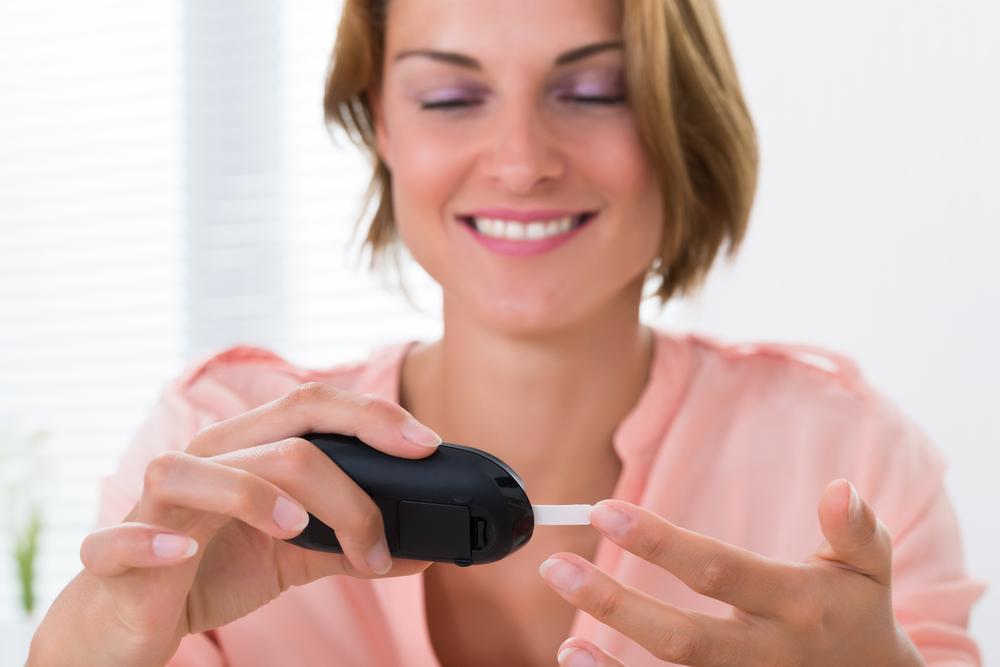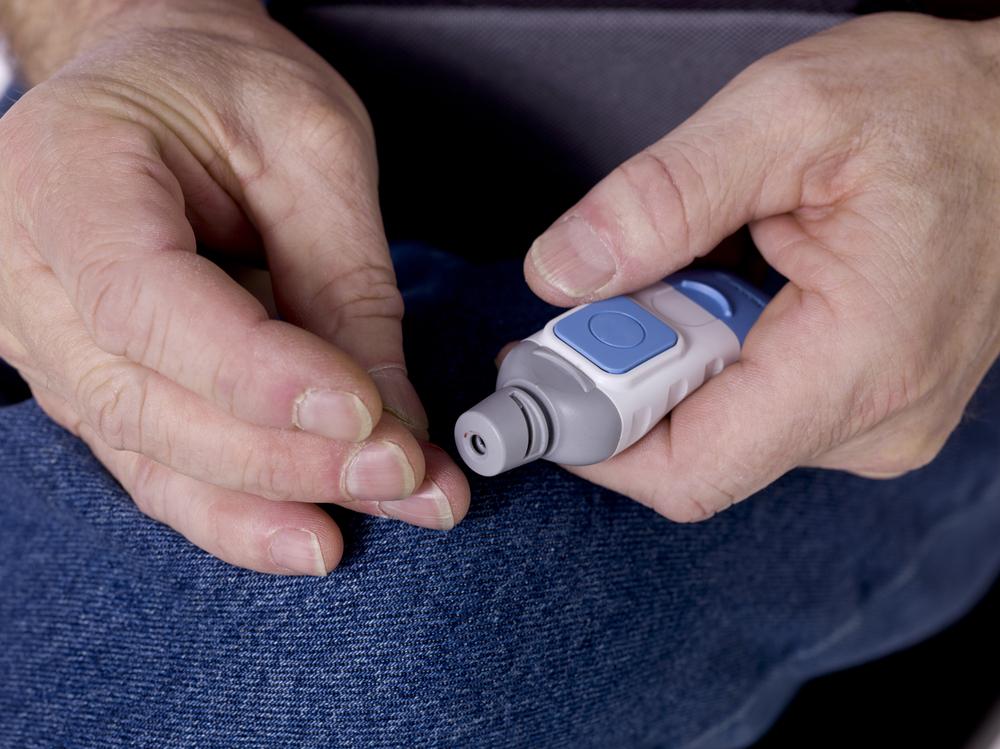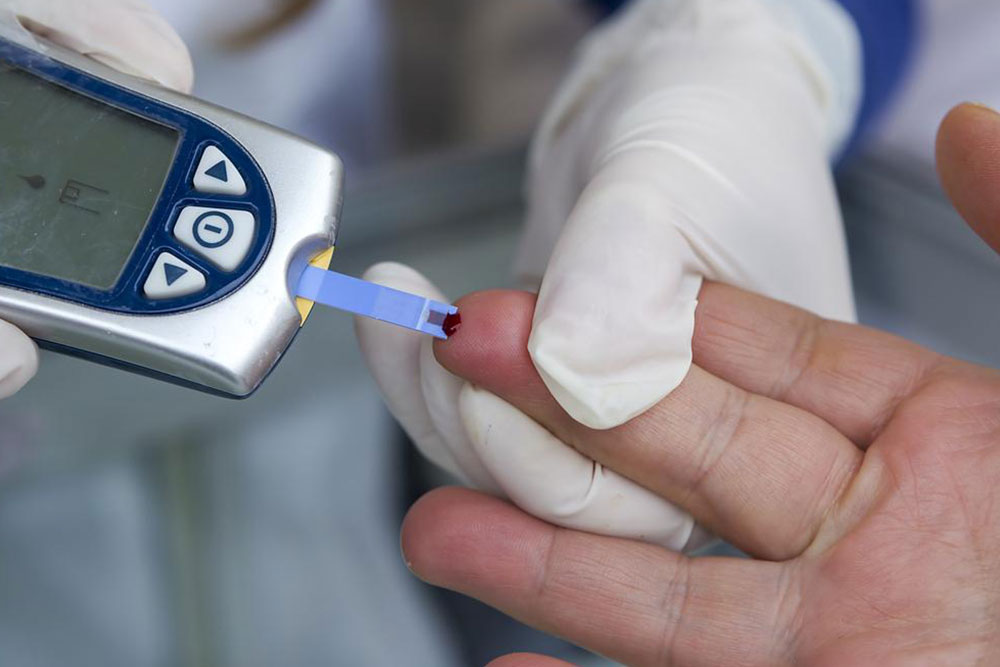Proven Methods for Accurate Blood Glucose Monitoring
Learn essential and practical strategies for accurately monitoring blood glucose levels. This guide emphasizes routine testing, proper record-keeping, and hygiene to control diabetes effectively. With proper techniques, you can prevent complications and maintain optimal health. Ideal for individuals managing diabetes seeking reliable ways to keep their blood sugar in check. Easy-to-follow tips ensure accurate results and consistent monitoring, empowering you to take control of your health daily.

Proven Methods for Accurate Blood Glucose Monitoring
Essential ways to effectively observe your blood sugar levels
Managing diabetes involves consistent monitoring of blood glucose to keep levels within a safe range. High blood sugar results from disrupted insulin function. While a cure isn't yet available, proper management allows individuals to enjoy active, healthy lives. Regular testing with lab analyses like A1C or personal glucose meters is vital to detect fluctuations and inform treatment decisions. Consistent testing routines and accurate record-keeping play a key role in preventing complications and maintaining overall health.
Here are effective tips to improve your blood sugar tracking process:
Keep your testing device within easy reach: Blood sugar levels can change unexpectedly. Having your glucose meter nearby ensures quick access during hypoglycemic or hyperglycemic episodes. Store test strips, lancets, and alcohol wipes close to your device for convenience.
Create a regular testing routine: Testing at specific times—such as before meals, after eating, bedtime, and fasting—helps maintain consistency. Consult your healthcare provider for a tailored schedule. Use alarms or reminders on your device to stay consistent.
Keep detailed records: Document your blood sugar readings along with details about food, physical activity, and testing times. Using dedicated journals or mobile apps can streamline record-keeping. This information assists your healthcare team in optimizing your treatment plan.
Manage your testing supplies carefully: Store test strips away from sunlight, moisture, and extreme temperatures. Always check expiration dates and avoid using expired strips to ensure accurate results.
Practice good hygiene: Hygiene is crucial when testing at home. Use alcohol wipes on fingertips before pricking. Dispose of used lancets and strips properly, and avoid sharing devices to prevent infections. Ensure bleeding has stopped before resuming activity.
Main category: health & wellness
Secondary category: fitness
Tags: Blood sugar management, diabetes care, glucose testing, self-monitoring, health tips


